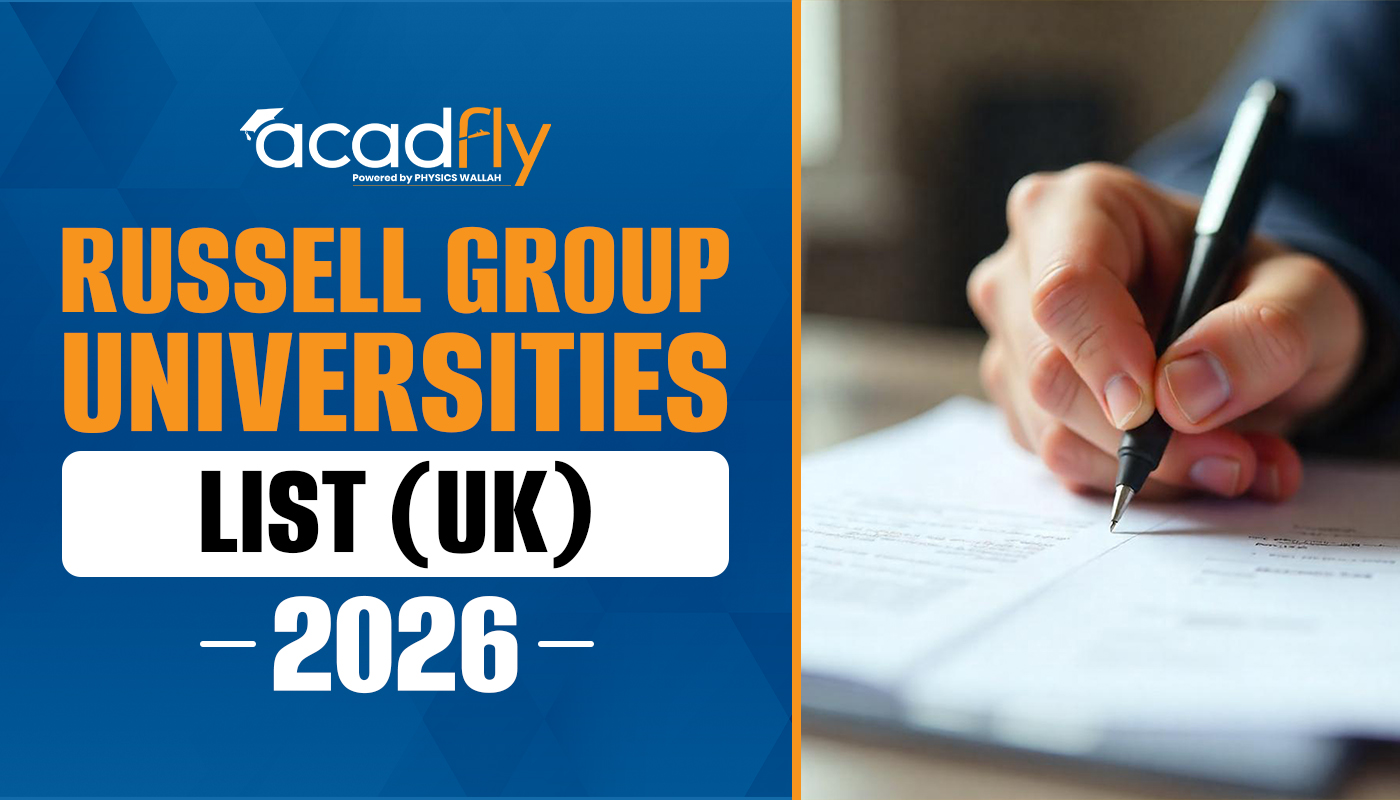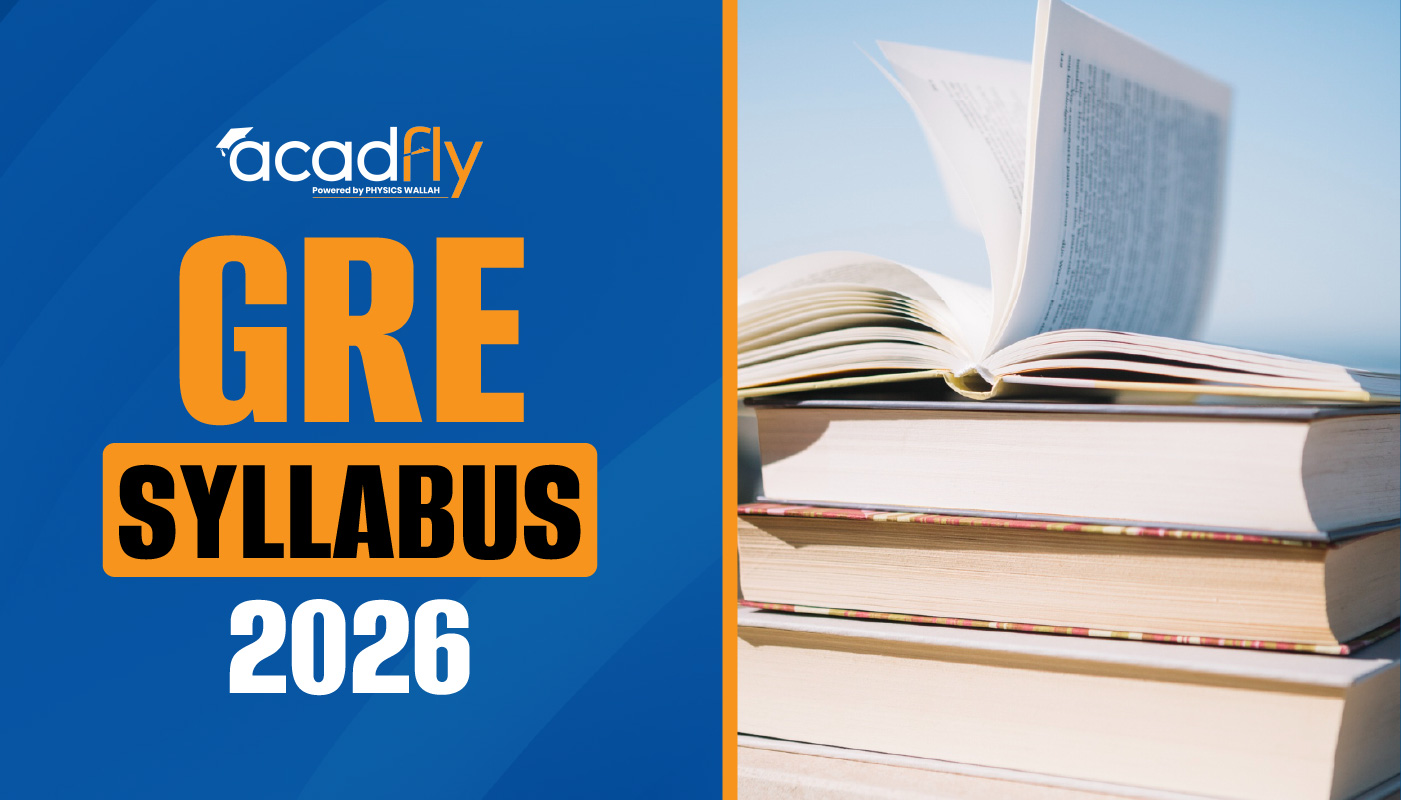
Studying for an MBA in Canada is an attractive option for many students, particularly those with a background in engineering. Understanding the engineering requirements of the UK can help prospective students transition smoothly into an MBA program. Canadian universities look for candidates with a solid academic foundation, relevant work experience, and strong leadership skills. Furthermore, students may need to meet specific criteria, including standardized test scores and language proficiency, to ensure they are well-prepared for the rigorous demands of an MBA program. In this article, we will explore the key requirements to study MBA in Canada, offering guidance for engineering graduates aiming to enhance their career prospects through advanced business education.
UK Engineering Masters Entry Requirements for MBA Candidates
Before applying for an MBA program in Canada, engineering graduates from the UK should be aware of specific entry requirements that can enhance their candidacy. These requirements ensure that applicants have a solid foundation in both engineering and business principles. Below are key entry requirements for MBA candidates with an engineering background:
1. Undergraduate Degree in Engineering
A recognized undergraduate degree in engineering is typically required. This demonstrates a strong analytical and technical background essential for MBA studies.
2. Relevant Work Experience
Most MBA programs require candidates to have relevant work experience, often ranging from two to five years. This experience can be in engineering or related fields and should showcase leadership and management skills.
3. GMAT or GRE Scores
Many institutions require GMAT or GRE scores as part of the application process. These standardized tests assess quantitative and analytical skills, which are crucial for success in MBA programs.
4. English Language Proficiency
International candidates must demonstrate proficiency in English, usually through tests like IELTS or TOEFL. A minimum score is often stipulated, reflecting the university's expectations for academic success.
5. Letters of Recommendation
Most MBA programs require two or three letters of recommendation from academic or professional references. These letters should highlight the candidate's skills, accomplishments, and readiness for graduate-level study.
GRE Requirement for MBA Programs in Canada
The Graduate Record Examination (GRE) is a standardized test that many business schools consider when evaluating candidates for their MBA programs. In Canada, the GRE requirement can vary widely among institutions. While some programs explicitly require GRE scores, others may not, allowing for more flexibility in the admissions process. Understanding the GRE requirements can help prospective students better prepare their applications for Canadian MBA programs.
1. Varies by Institution
Not all Canadian MBA programs require GRE scores. Some universities may accept the Graduate Management Admission Test (GMAT) instead, while others may waive standardized test requirements altogether for applicants with significant work experience or strong academic records.
2. Minimum Score Expectations
For those programs that do require the GRE, there are often minimum score expectations. A competitive score can vary by school but generally falls within the range of 300-320 for the quantitative and verbal sections combined.
3. Alternative Admissions Criteria
Many Canadian MBA programs look at a combination of factors beyond GRE scores, including academic transcripts, work experience, and personal statements. This holistic approach allows candidates to strengthen their applications in various ways.
4. Specific Programs with GRE Requirements
Certain specialized MBA programs, such as those focusing on analytics or finance, may place more emphasis on GRE scores. It's crucial to check individual program requirements for specific information.
5. Importance of Preparation
If the GRE is required, preparing thoroughly is essential. Many candidates benefit from preparation courses, study guides, and practice tests to achieve their desired scores, which can significantly impact their admission prospects.
Engineering Scholarships UK for MBA Students
Pursuing an MBA can be a significant financial investment, especially for engineering graduates. However, numerous scholarships are available in the UK to help offset the costs of tuition and living expenses. These scholarships are often aimed at students with a strong academic background and leadership potential. Below is a table summarizing some of the prominent engineering scholarships for MBA students in the UK.
|
Scholarship Name |
Eligibility |
Award Amount |
Application Deadline |
|
Chevening Scholarships |
International students with leadership potential |
Full tuition + living costs |
Varies (usually in November) |
|
Commonwealth Masters Scholarships |
Students from low and middle-income Commonwealth countries |
Tuition + airfare + living costs |
Usually in March |
|
University of Edinburgh MBA Scholarships |
Applicants to the MBA program at the University of Edinburgh |
Up to £10,000 |
Varies (usually in July) |
|
The MBA Scholarships at Warwick Business School |
Candidates applying for the MBA program |
Up to £26,000 |
Varies |
|
London Business School Scholarships |
Full-time MBA students at London Business School |
Varies, up to £40,000 |
Varies |
|
University of Manchester Alumni Scholarship |
Alumni of the University of Manchester applying for an MBA |
£10,000 |
Varies |
|
Cranfield University Scholarships |
Applicants to Cranfield's MBA program |
Up to £10,000 |
Varies |
|
Henley Business School Scholarships |
Applicants to the MBA program at Henley Business School |
Varies |
Varies |
Engineering Application Process for MBA in Canada
Pursuing an MBA in Canada as an engineering graduate can be a rewarding opportunity to enhance your skills and broaden your career prospects. The application process can vary slightly among different institutions, but certain core steps are generally consistent. Understanding these steps will help you navigate the application journey more effectively. Below are the essential points to consider when applying for an MBA program in Canada as an engineering student.
1. Research Programs
Begin by researching various MBA programs offered in Canada. Consider factors such as program structure, specializations, faculty, and location. It's essential to find a program that aligns with your career goals and interests.
2. Prepare Required Documents
Gather all necessary documents for your application. This typically includes your academic transcripts, resume, letters of recommendation, and a well-crafted personal statement or essay outlining your motivations for pursuing an MBA.
3. Take Standardized Tests
Check whether the programs you are applying to require standardized test scores, such as the GMAT or GRE. Prepare and register for these tests well in advance, as you may need time to study and achieve a competitive score.
4. Submit Your Application
Complete the application form for each MBA program you wish to apply to. Ensure that all documents are submitted before the deadlines. Double-check your application for completeness and accuracy.
5. Attend Interviews
Some programs may require an interview as part of the application process. Prepare for this step by practicing common interview questions and articulating your goals, experiences, and reasons for pursuing an MBA.
Frequently Asked Questions
1. What are the basic eligibility requirements for MBA programs in Canada?
2. Is work experience mandatory for MBA admission in Canada?
3. Do I need to take the GMAT or GRE for MBA programs in Canada?
4. Are letters of recommendation required for MBA applications?
5. What role does the personal statement play in the application process?









